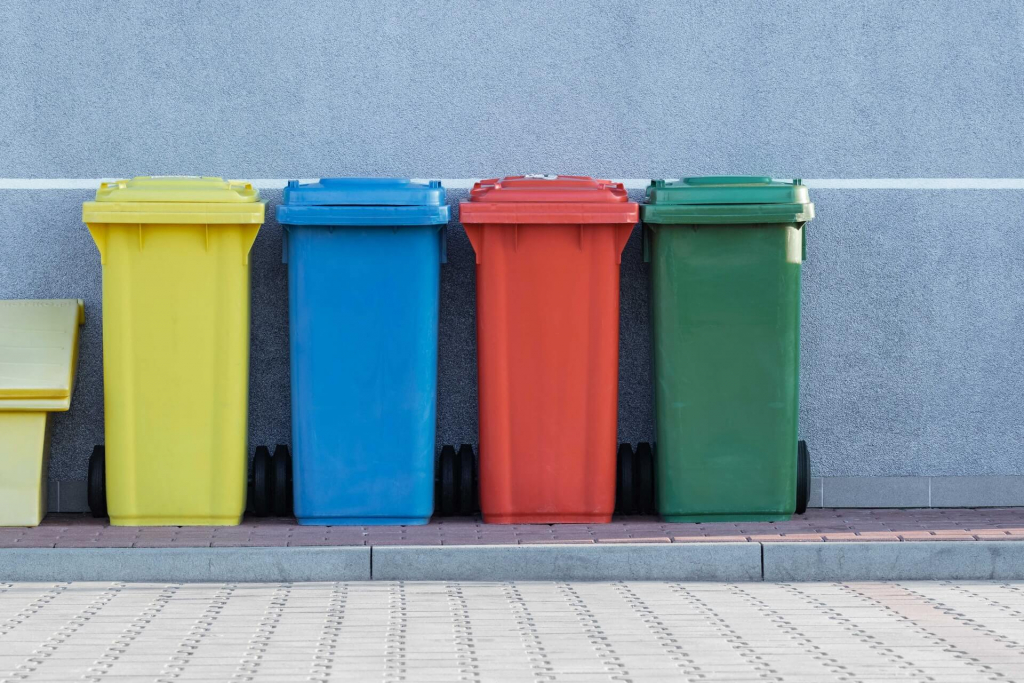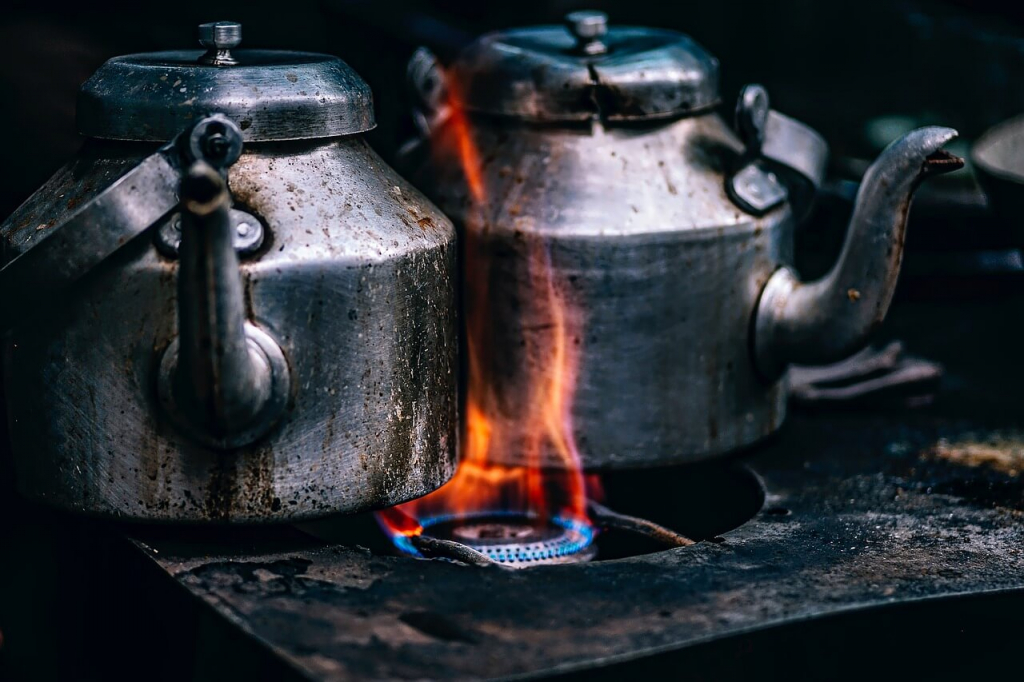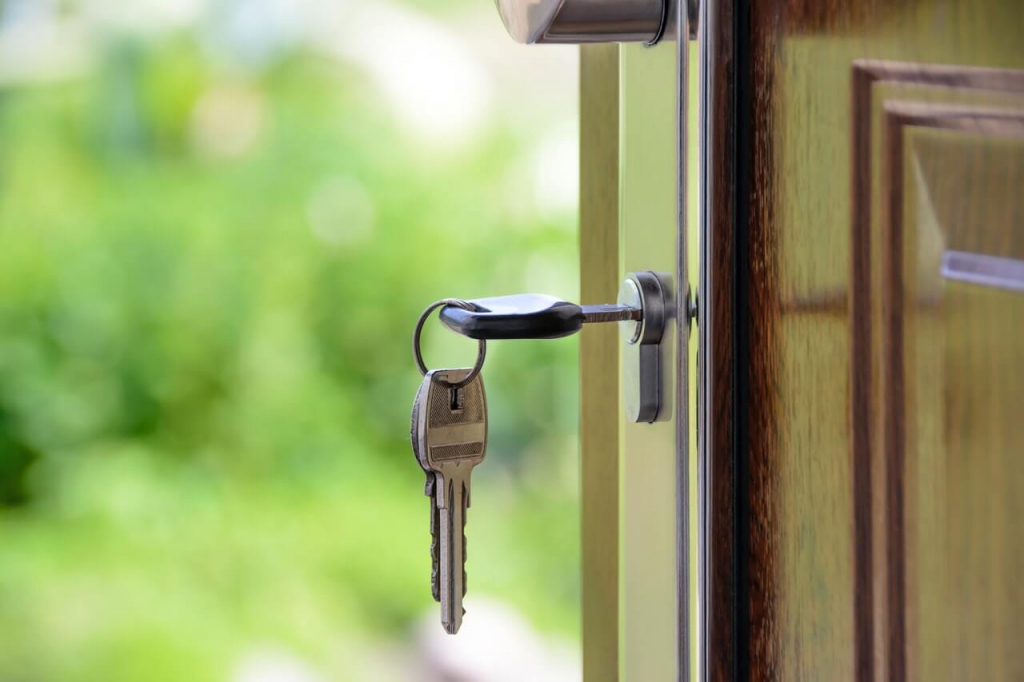The main role of a landlord is to provide his tenants with a livable place to stay throughout their lease. The tenants pay a reasonable amount for rent and in return, the landlord must make sure that their living conditions are ideal, and meet the housing standard known as the warranty of habitability.
Housing Codes:
- The main structure of the property is intact and stable. This refers to the flooring, walls, and roof.
- Utilities like electricity and water are present and well-maintained.
- Common areas like elevators, stairs, and the swimming pool should be kept clean at all times.
- The property should comply with the health and fire codes.
Severe damages to these things can render a property uninhabitable. For example, a roof on one part of the house is on the verge of collapsing and will need repairs. The tenant cannot stay in the property as is it not safe.
Health Risks:
A good landlord should also maintain an environment free of health hazards. Many things can threaten the health of the tenants. Some examples are:
- The presence of pests in the property can pose a threat because they can carry bacteria that can cause infections.
- A dusty and dirty area can cause allergic reactions.
- The presence of mold can be the source of respiratory infections and diseases.
These can be prevented if the landlord will maintain the cleanliness of the area. He should always make sure that there is proper waste disposal and management. Poorly disposed garbage like food leftovers will attract rodents and other pests.

The landlord can hire a sanitation team to do the housekeeping duties. It may be an added cost but it is better than having the tenants get sick and complain about bad service.
Utilities:
Before the tenants move in, the landlord performs a series of inspections to check that everything is intact and working. This includes the appliances and utilities inside the property. Sometimes the tenants will prefer a fully furnished property so it will be the landlord’s responsibility to provide them with these.
The basic appliances are refrigerators, a stove, and air-condition units. They all have to be functional when the tenant moves in, and should continue to work until the end of their lease. A broken machine can be a dangerous thing to have around. It can also be a basis of why a property will be deemed uninhabitable.
For example, if the stove is broken, it will make it impossible for them to cook. Since a tenant needs to prepare meals in their home, this becomes a reason why they can’t stay in the property.

Environment:
Aside from a clean place to live in, the landlord also has to make sure that the tenants are safe. The basic things should be present like locks on the doors and windows. If necessary, the landlord can provide a gate to limit the number of people going in, particularly if the property has a swimming pool. This might attract trespassers and they could vandalize the area. They could also cause harm to the residents. They wouldn’t like to live in a place where criminals can easily enter.

What will happen if the property is uninhabitable?
The tenants should report damages to the landlord to have it addressed immediately. A good landlord will see to it that it is fixed and will follow up on the repair to verify that it will not cause issues in the future.
Maintaining a property is hard work and landlords should be meticulous in checking their properties. They have to make sure that the property is in pristine condition when they create their listings at Padleads. The landlords should be able to offer, not just a house, but a home.